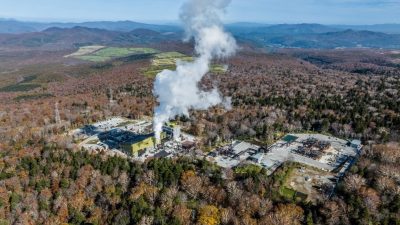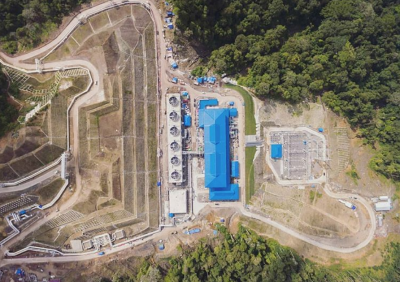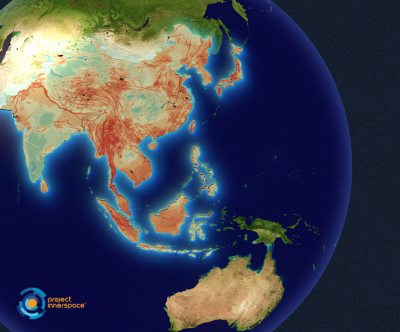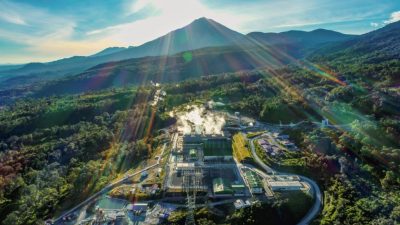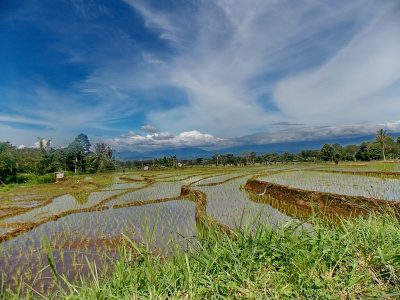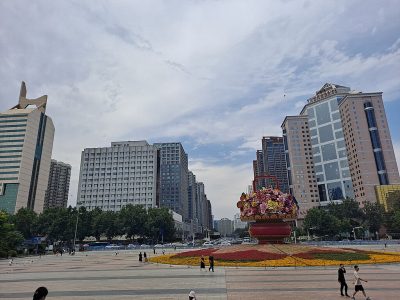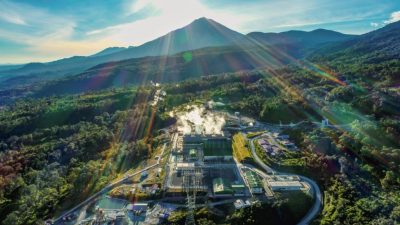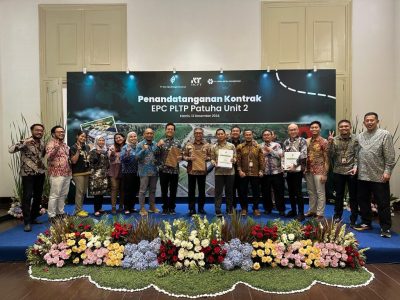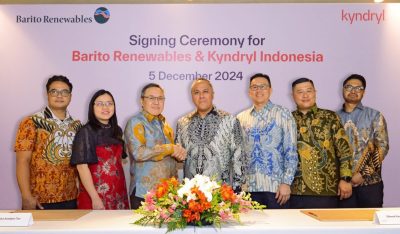Indonesia’s forest moratorium won’t apply to geothermal projects
Indonesia states that its moratorium on clearing natural forests will not apply to developers of projects, such as geothermal power and other renewables.
Stated in news from the country, “Indonesia’s moratorium on clearing natural forests will not apply to developers of strategic infrastructure, such as geothermal power and other renewable energy projects, a government minister said on Tuesday.
Under a $1 billion climate change deal signed with Norway last week, Indonesia said new concessions for the conversion of natural forest and peatlands would be suspended for two years. The moratorium starts in 2011.
Preserving forests is regarded by many governments as key to slowing climate change because forests soak up vast amounts of planet-warming carbon dioxide, the main greenhouse gas.
Indonesia has huge swathes of tropical forests and large areas of carbon-rich peatland. But rapid deforestation means its forests are disappearing at rate that has alarmed governments and green groups.
Indonesia has pledged to cut emissions by 2020 to 26 percent lower than the level if no action were taken or 41 percent lower if it is able to secure foreign funding and other assistance, such as technology.
Green groups have welcomed the proposed moratorium but Chief Economic Minister Hatta Rajasa told reporters on Tuesday the ban on clearing natural forests would not apply to certain projects.
“There will be exceptions for those projects that do not use a lot of land, for example geothermal [as part of] our gas and oil interests and for projects that are part of the broader public interest, such as power plants, hydro-power plants and also reservoirs,” he said. “We must prioritise geothermal as part of our energy programme.”
Agus Purnomo, head of the secretariat of Indonesia’s National Climate Change Council, told Reuters by telephone text message that renewable energy and other strategic projects would be exempted from the moratorium.
“Small-scale utilisation of forest land, a few hundred hectares or less, is allowed for renewable energy,” he said. “But we will have to ensure that the access to those projects will not encourage illegal logging nor illegal occupation of forest or peatlands.”
Norway’s $1 billion contribution is contingent on Indonesia proving that it can curb the rate of deforestation and therefore reduce the amount of greenhouse gas emissions from the country.
Much of the money will be spent on preparing for and implementing pilot projects under a U.N.-backed forest preservation scheme called reducing emissions from deforestation and degradation (REDD).
REDD allows developing nations to earn money by not chopping down their forests or through replanting cleared or degraded forests.
Indonesia said on Monday that it would revoke existing forestry licences held by palm oil and timber firms to save natural forests.”
Source: ForexPros







